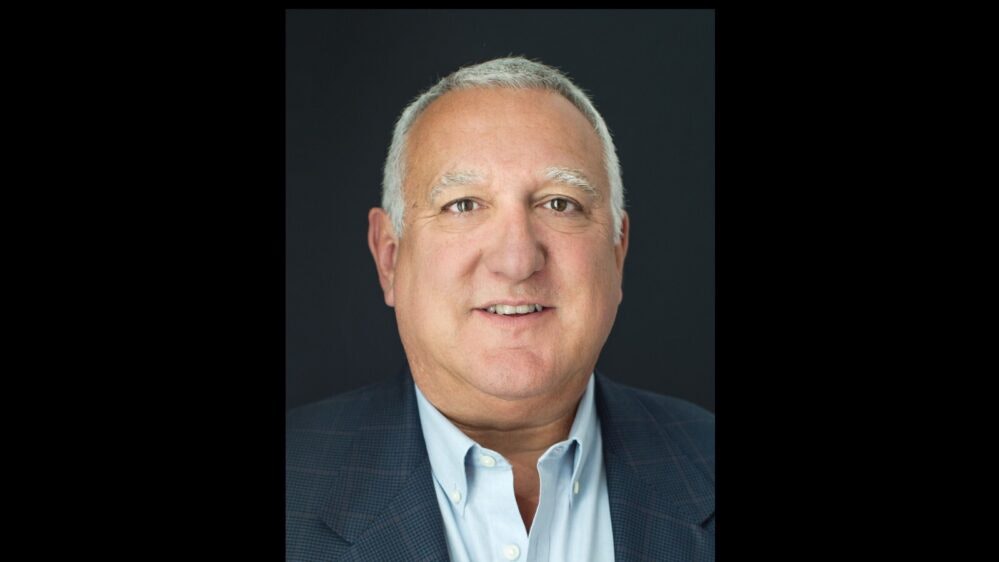(Note: Fred Dowd is a successful but retired growth stock portfolio manager. His firm managed over $600 million in assets at the time of his retirement. When Fred sold his firm, he gave up all securities licenses. He currently actively manages only family money and portfolios for a few friends as well as a large charitable endowment. He lives in Cody. – editor)
The U.S. dollar just hit a multi-year low. It was valued at 90 euros on 1-31-2020 but has now fallen to 83 euros, nearly an 8% loss.
By 2012 our government was spending trillions on the budget, then spent 26% more in 2018 and a whopping 122% more in 2019. Total government debt in 2019 was 23 trillion dollars, an all-time high.
Today U.S. debt is 27 trillion with no end in sight. To pay back that debt, every U.S. citizen would have to contribute $70,380.
Our U.S. dollar is entering a very difficult era; it has already begun, and the dollar is at a multi-year low.
As our dollar falls in value, each dollar spent buys less and is worth less. This leads to inflation and debasement of our dollar.
Inflation means that savers whose money is invested in dollar denominated savings accounts will steadily become poorer and poorer, and this trend is not likely to cease.
The Financial Times reported on December 1, 2020 that “U.S. inflation expectations have hit an 18-month high on vaccine hopes”.
Covid spending has increased our debt by another 4 trillion dollars. And the government just prints more money to cover the increased debt!
A second stimulus package for an additional 1 trillion is just around the corner with Biden likely to increase it even more. Janet Yellen, Biden’s Treasury Secretary, is a strong ally for our new president’s spending proposals.
He has proposed that we spend 2 trillion on restructuring our energy grid for climate change and an additional 1.3 trillion on infrastructure renovations.
The Committee for a Responsible Federal Budget estimates that Biden’s plans will increase National Debt by between 5.6 and 8.3 trillion.
We will be spending 127% of our Gross Domestic Product.
How can anyone or any country spend 127% of total income without destroying their financial well-being and total net worth?
The United States Government owes more money than any country in the history of the world—more than we can EVER pay back unless we create money out of thin air.
More people are now voting for a living than working for a living. Politicians running on a fiscally responsible platform are and will be defeated.
It is crystal clear that our U.S. dollar will continue to weaken, meaning you will need more and more dollars to buy the same assets and products (stock shares in good, solid companies as well as quality real estate, commodities, gold, fine art and collectibles).
Many people find holding some cash a necessity. But at this period of time, holding a substantial portion of your estate in cash may be dangerous to your financial well-being. To protect my net worth from a falling dollar, this is what I have done.
- Reduced dollar-saving vehicles such as Certificates of Deposit, Money Market dollar funds, long and mid duration treasuries as well as other low-risk, fixed-income investments.
- Used my dollars to purchase quality stocks in companies with good future growth potential, low debt and solid balance sheets. My portfolio is approximately 20% small cap growth, 40% large and midcap growth and 40% value equities and Exchange-Traded Funds.
- Quality real estate.
I remind myself that I make my money and thus profits WHEN I BUY, NOT WHEN I SELL. Paying too much at purchase will seldom, perhaps never in my lifetime, become profitable.
(DISCLAIMER: This column is strictly the opinion of the author. It is in no way to be considered financial advice or a suggestion to purchase or sell any security. Fred Dowd is retired and not licensed in the securities industry. Past performance does not guarantee future results, and each investor’s goals and objectives are different. You should always speak with your qualified professional financial advisor before making any changes to your financial program.)





